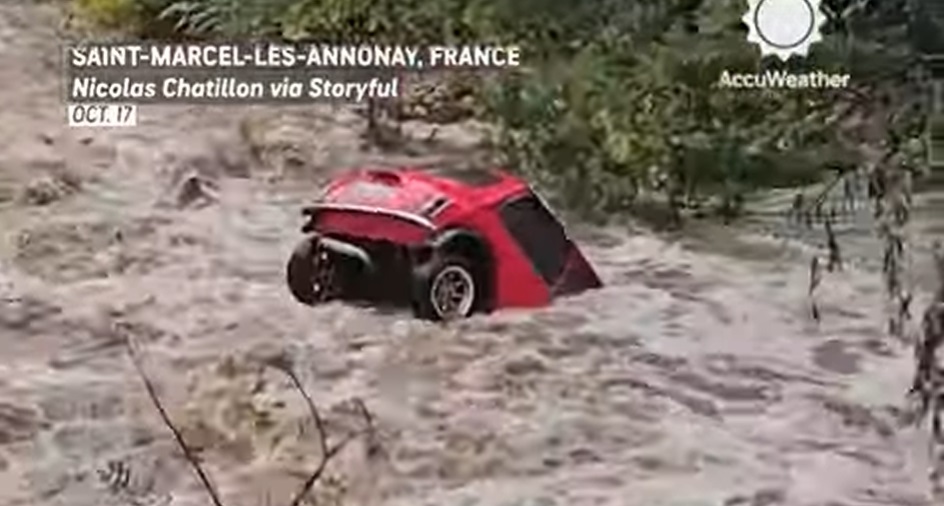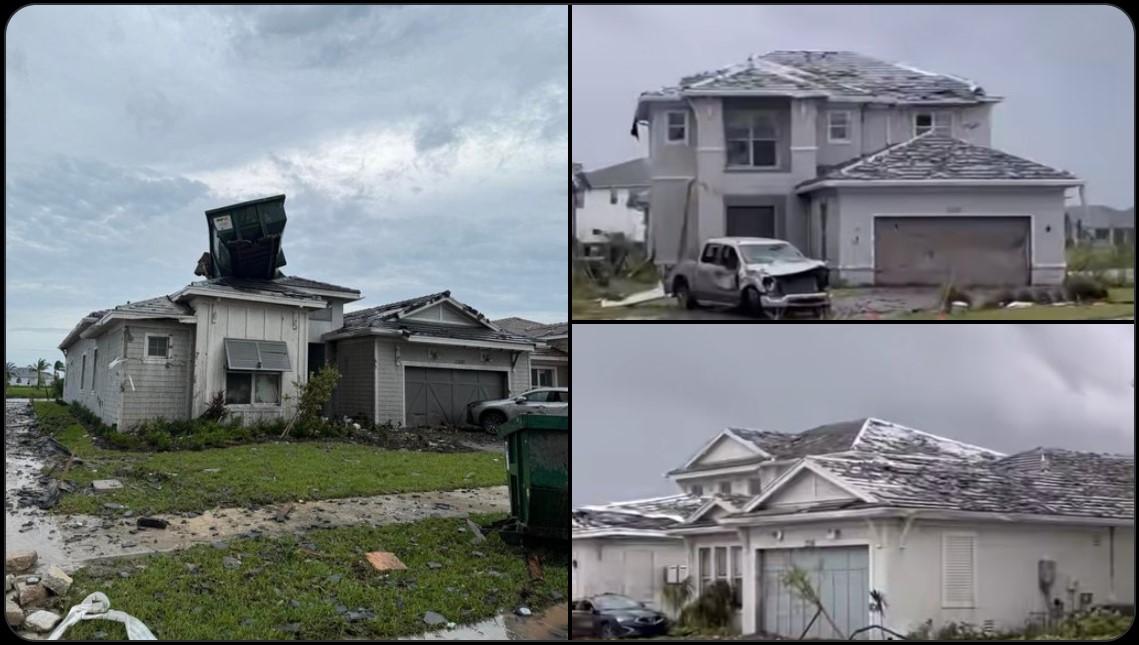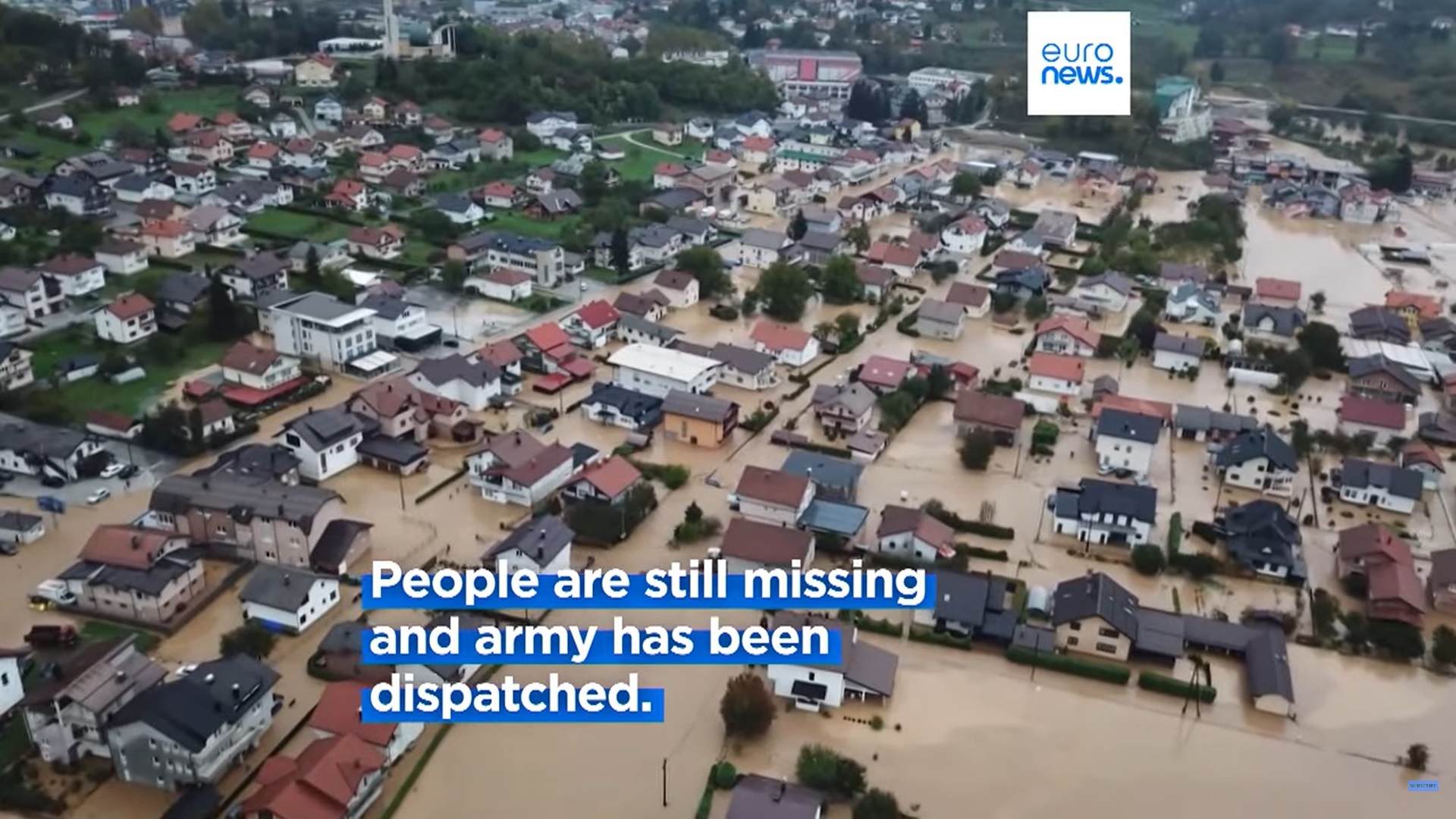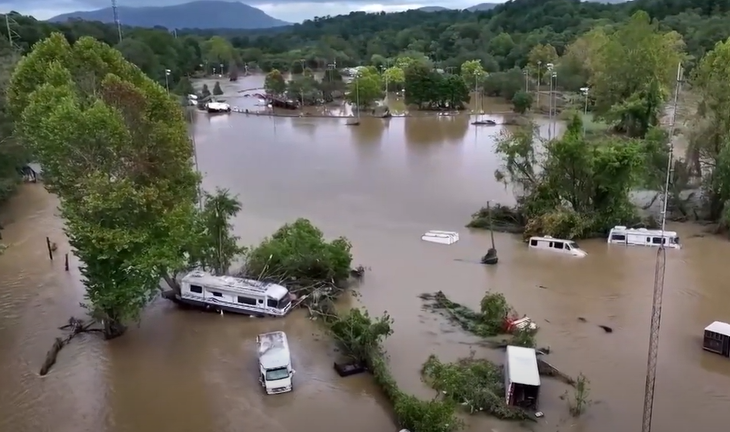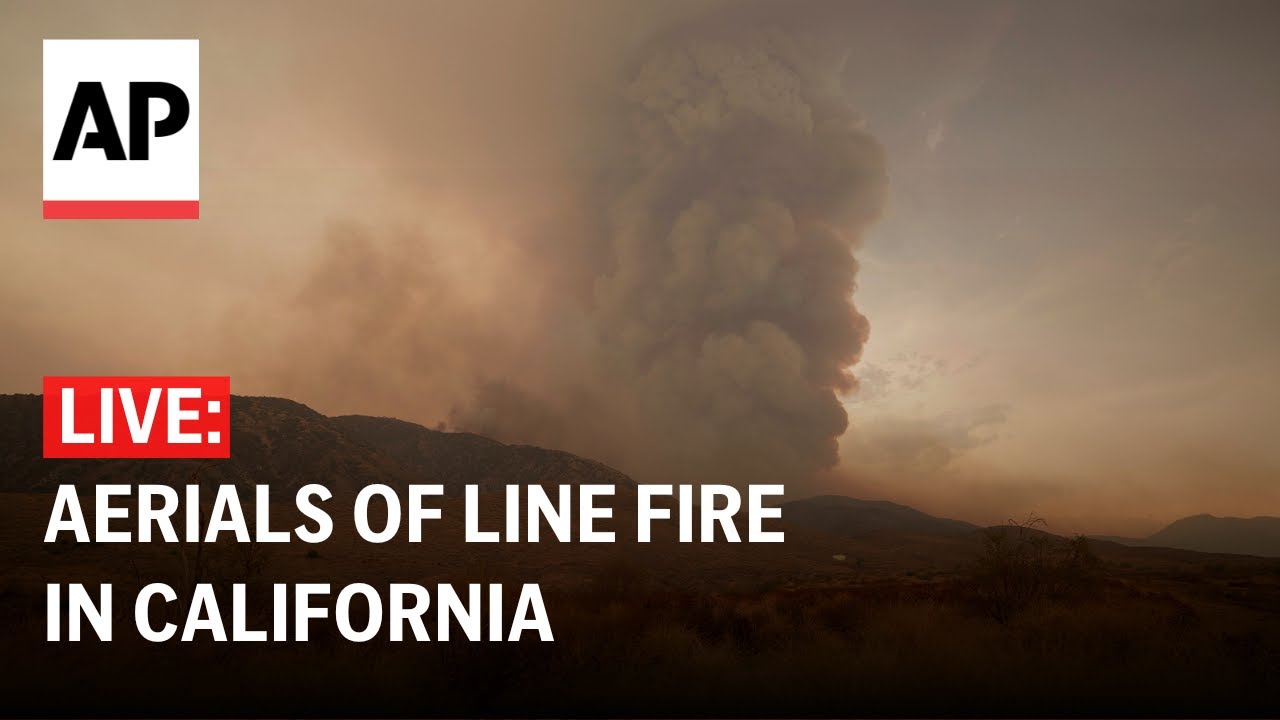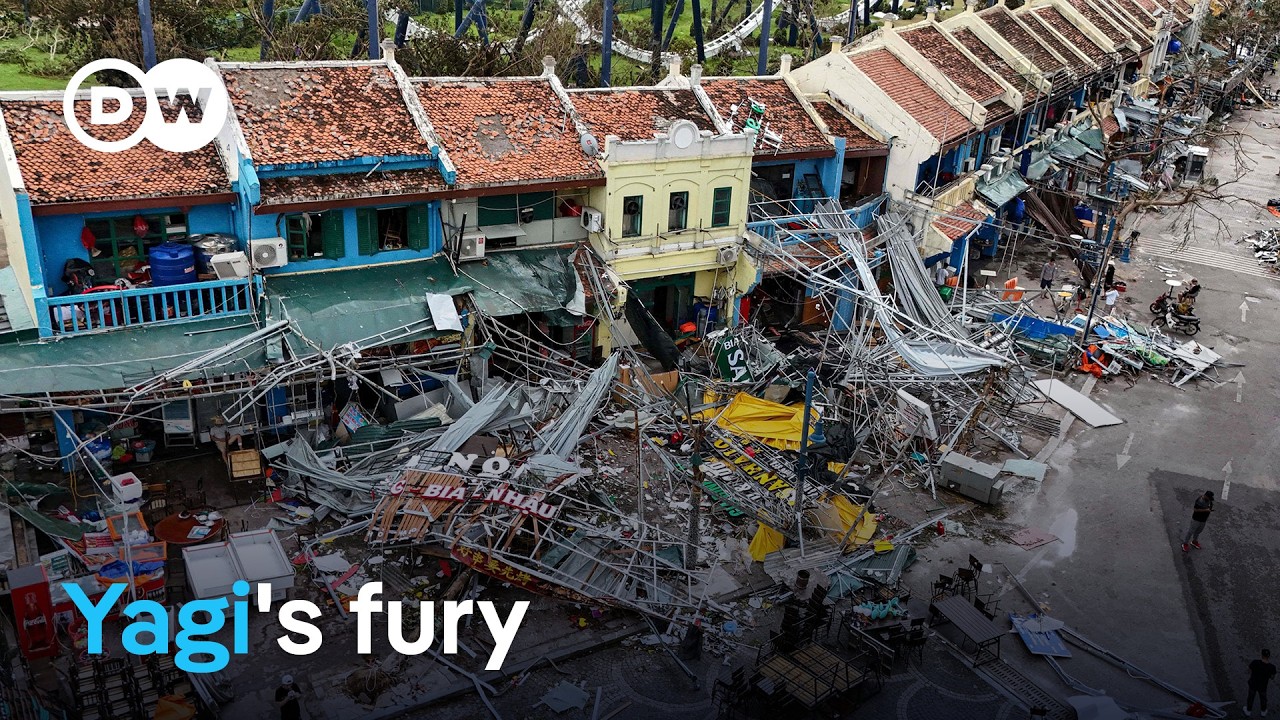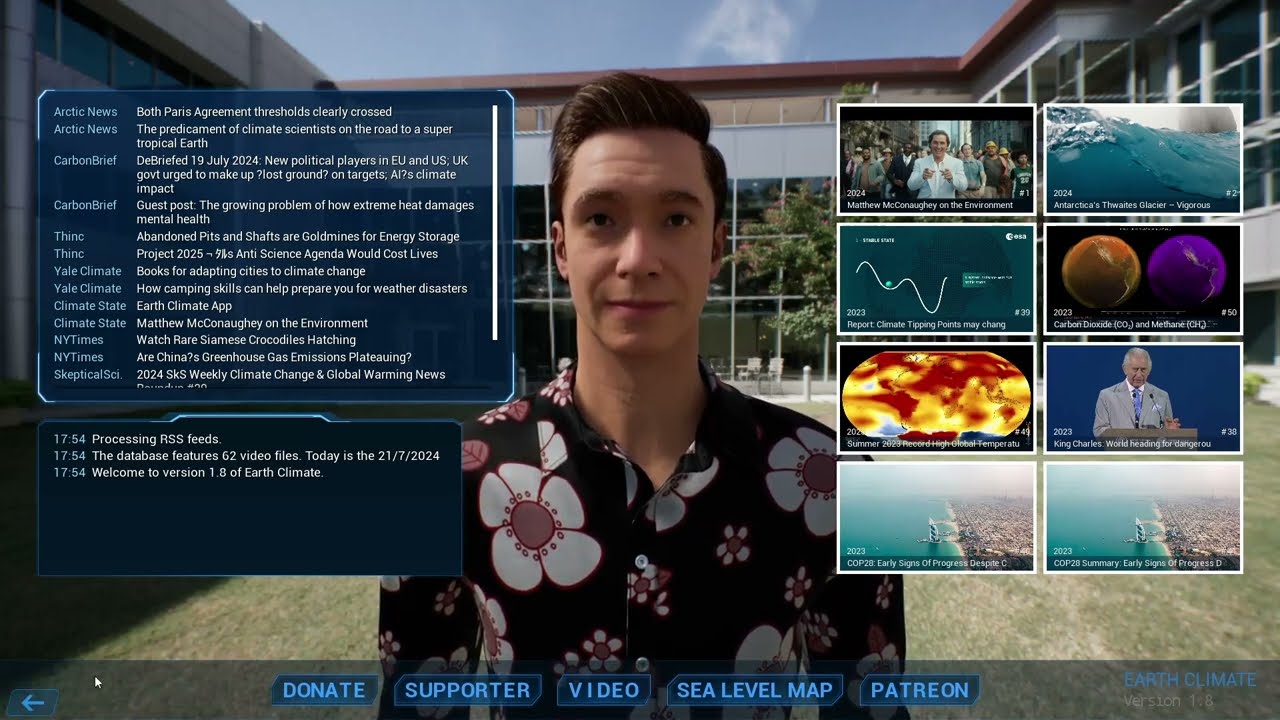News Archive
Torrential rain hits southern France causing over 600 mm flash flooding
A serious flooding situation in France
Hurricane Milton Impact Footage
Hurricane Milton made landfall near Sarasota, Florida as a Cat 3, creating severe damage with winds, the storm surge, rains, and tornadoes. […]
Bosnia: Devastating floods and landslides
Rescue teams from neighboring countries and the European Union are assisting Bosnia-Herzegovina in recovery efforts following severe floods and landslides caused by a heavy storm, which resulted in at least 18 fatalities and numerous injuries.
Hurricane Helene: A Taste of Things to Come?
From September 26-29 2024, Hurricane Helene swept across five US states, breaking records and leaving devastation in its wake.
Wildfires tear through western US during heat wave
Wildfires fueled by soaring temperatures in the western United States have scorched thousands of acres, forcing hundreds of families to flee.
Super Typhoon Yagi wreaks havoc across Asia
The clean-up is underway in the aftermath of Super Typhoon Yagi, which struck several Asian countries as the most powerful storm of the year, and one of the strongest in decades.
Earth Climate App
Climate Video Player Program
Matthew McConaughey on the Environment
Part of #TeamEarth Salesforce’s climate change campaign
